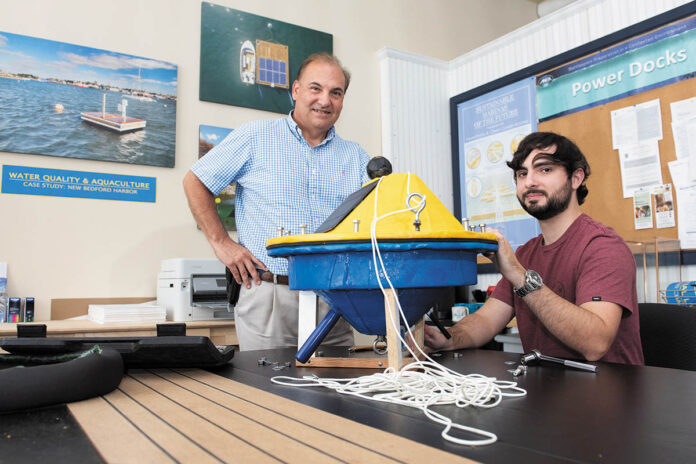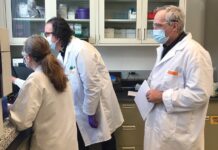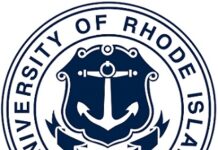
2019 PBN Innovative Companies: Maritime
PowerDocks LLC
CREATING AN INNOVATIVE product is one thing. But PowerDocks LLC is riding its products’ momentum to fuel a whole industry within an industry that is sustainable, to boot. PowerDocks’ expansion has been guided by market demand.
The marine-engineering company makes floating docks, moorings and customized platforms powered by solar energy, where boats can recharge without constraints of the traditional power grid. The company’s Blue Isles product line also has docking stations for recharging robotic devices and buoys that can monitor water quality as well.
Incorporated in 2016, the company began in the recreational boating market, but has not stayed there.
“Anything in the aquatic space requires power,” said Anthony Baro, managing partner. He co-founded the company with Chris Fagan, who like Baro, had a background in solar power. Both saw the idea of autonomous, floating power platforms as a win for consumers and the environment.
Just as renewable sources are used to power automobiles, Baro said, they will soon power aquatic equipment, with the shift felt in markets such as aquaculture, defense and marina design.
PowerDocks wasn’t too far into introducing its product in the recreational boating market before it was approached by the U.S. Navy for possible defense uses, said Baro.
Further expansion came through engagement with folks in the aquaculture industry looking to secure areas where they were growing mussels or fish, he said. Now these farmers, instead of taking water samples to an onshore facility, can check water quality remotely. When their seafood products are sold, there is a Blue Isles-certified report on production conditions, such as oxygen levels, under which they were grown.
Last year, PowerDocks joined forces with dotOcean NV, of Belgium, to commercialize autonomous marine-navigation systems.
“We are at 25% revenue growth over last year. We see that exponentially increasing with the adoption of the blue economy,” said Baro, who also plans to hire more employees in 2020.












